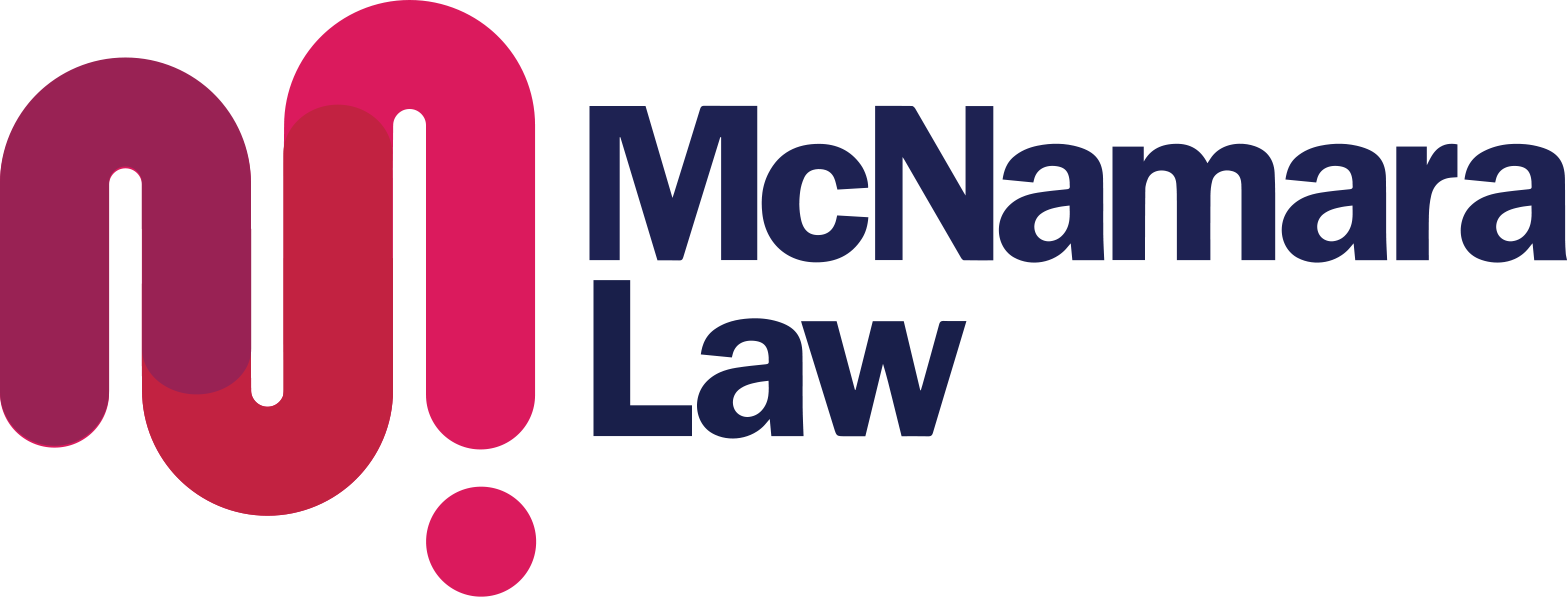Owning a business is a challenging and sometimes complex venture requiring total commitment, but one thing a company owner definitely needs to pay attention to is protecting their personal assets in the event of litigation or liabilities that might arise while running the business.
Whether a customer or client decides to take legal action against the business for anything from negligence to breach of contract, or issues such as insolvency come to pass, the last thing you need is for personal assets such as your house or car to become ‘fair game’ in any settlement of the issue. Here are the key things to consider in creating what’s commonly known as an ‘asset protection plan’.
What type of company should you set up?
By ‘type’ we mean whether you’re a sole trader, a partnership, a company or a trust. While the first two will generally leave your personal assets exposed in the event of any liabilities, a company or trust arrangement will generally create ‘limited liability’.
A company, for example, is a legal entity separate to you, meaning individual shareholders are only liable for debts or liabilities that the company incurs up to the amount unpaid on their shares (which is commonly zero).
Many business owners prefer a dual company structure in which their holding company owns 100% of shares in a subsidiary operating company. In this set-up, contracts with clients, suppliers and employees are conducted through the operating company while the company’s primary assets – such as intellectual property, cash and other assets – are owned by the holding company, thereby protecting them from any liability the operating company may encounter.
Trusts
Many legal, tax and financial advisers will suggest business owners establish a discretionary trust to protect personal assets.
Discretionary trusts provide a vehicle for a business owner to own their shares in the business while putting personal assets in the trust and business assets in the company. This also allows an owner to protect beneficiaries of the trust, most likely your family, from creditors should a beneficiary be sued or made bankrupt, as the assets of a discretionary trust are distinct from the assets of the beneficiaries of the trust.
Trusts are also often preferred for the tax benefits they offer. By distributing income and capital to beneficiaries on lower marginal tax rates and distributing different types of income to different beneficiaries, the overall tax paid by a family group can be reduced.
Other types of trusts can be used to run a business, through either an individual or corporate trustee. The trustee controls the trust and distributes profits to the beneficiaries of the trust, in accordance with the trust deed. In the circumstance of a corporate trustee, the company’s shareholders receive protection through the company’s limited liability but it does require an owner to incorporate another company, adding to your overall costs. Expert legal advice on creating and maintaining a trust is highly advised.
Putting personal assets in the names of your family
Making sure the mortgage and deeds on the family home are in the name of the business owner’s spouse is another way to minimise the risk to personal assets from any headwinds experienced by the business. The same applies to personal savings and investment accounts. It should be noted that there are likely tax and duty impositions when existing assets are transferred.
Concentrating on superannuation
Personal wealth held by a superannuation trustee is generally considered untouchable by creditors or litigants against a business owner.
Therefore it’s advisable to follow a pattern of contributions to a super fund. Why a pattern? Because an out-of-pattern transfer to the fund, in expectation of a claim against the business, may be accessible by a litigant in any action against the business. In addition, any concessional contributions to the super fund will not only minimise the exposure of business assets but maximise your tax benefits.
If you have a self-managed super fund (SMSF), reduce risk of exposure to any action against the company by ensuring it has a corporate trustee, not individual trustees (who can be held personally liable for debts, etc.). An SMSF may even allow an owner to purchase business premises through the fund, thereby protecting it against claims made against the business.
The importance of insurance
As with most areas of our lives which carry risk, a good insurance policy is always advisable. Taking out professional indemnity insurance while running a business can reduce your personal exposure to any action taken against the company.
As a director of the company, also consider a directors’ and officers’ (D&O) insurance policy and an indemnity deed (also known as an officer protection deed) to further protect your personal assets.
The need for contracts
Many business owners expose their personal assets to risk by not ensuring they have detailed and enforceable contracts in place which properly outline the business relationship with clients and customers, limit liability and provide protection against adverse claims.
Consulting experienced legal professionals to ensure contracts entered into by the business meet these criteria is vitally important, whether or not you address all the other issues raised above.
If you need guidance and advice on protecting personal assets from any adversity that a business you own may face, contact us today.

